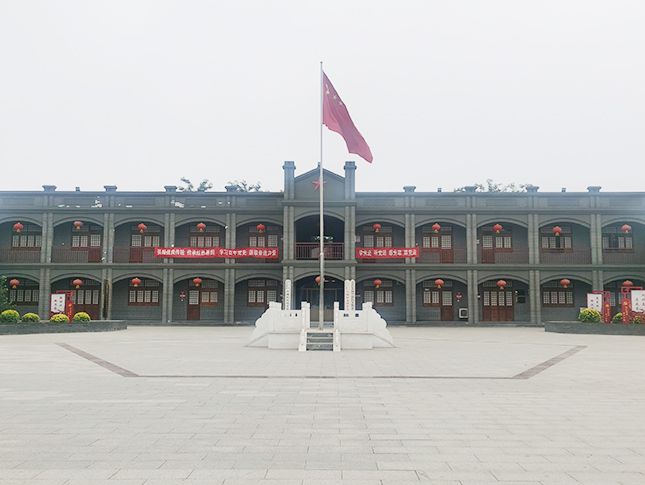1% increase in metal prices for flat products.
Understanding the Price List for Flat Expanded Metal Sheets
Flat expanded metal, a versatile material known for its strength, durability, and unique mesh-like structure, is widely used in various industries ranging from construction to arts and crafts. With a multitude of applications, understanding the pricing dynamics of flat expanded metal can be crucial for both buyers and sellers. This article aims to demystify the price list for this product, focusing on factors such as percentage of openings, gauge, and market trends.
The percentage of openings in flat expanded metal refers to the amount of space that is open within the metal mesh. A higher percentage indicates larger openings, which can affect the material's weight, strength, and overall cost. For instance, a 1% opening would suggest a denser, stronger sheet compared to a 20% opening, which is more open and flexible but may not be as structurally sound. Therefore, the percentage significantly impacts the price per square foot or meter, with smaller openings generally commanding a premium.
Another critical factor in determining the price of flat expanded metal is the gauge, which is essentially the thickness of the metal wires. A 13-gauge expanded metal is thicker and sturdier than lighter gauges, making it ideal for load-bearing applications or areas requiring increased durability. Naturally, a heavier gauge metal will be priced higher due to the increased material cost and potential longevity Naturally, a heavier gauge metal will be priced higher due to the increased material cost and potential longevity

Naturally, a heavier gauge metal will be priced higher due to the increased material cost and potential longevity Naturally, a heavier gauge metal will be priced higher due to the increased material cost and potential longevity
 1 2 13 flat expanded metal pricelist
1 2 13 flat expanded metal pricelist.
Market trends also play a role in the price list of flat expanded metal. Economic indicators such as raw material costs, transportation expenses, and industry demand can cause prices to fluctuate. Additionally, international trade policies and tariffs may influence the cost, especially for consumers importing materials from abroad.
In conclusion, the price list for flat expanded metal sheets is influenced by a combination of material specifications such as the percentage of openings, gauge, and external market factors. Buyers should consider their project requirements carefully, balancing the need for strength and durability against cost considerations. Sellers, on the other hand, must stay updated with industry standards and market fluctuations to maintain competitive pricing while ensuring product quality. Understanding these nuances allows for informed decision-making that benefits all stakeholders in the supply chain.
 Naturally, a heavier gauge metal will be priced higher due to the increased material cost and potential longevity Naturally, a heavier gauge metal will be priced higher due to the increased material cost and potential longevity
Naturally, a heavier gauge metal will be priced higher due to the increased material cost and potential longevity Naturally, a heavier gauge metal will be priced higher due to the increased material cost and potential longevity 1 2 13 flat expanded metal pricelist.
Market trends also play a role in the price list of flat expanded metal. Economic indicators such as raw material costs, transportation expenses, and industry demand can cause prices to fluctuate. Additionally, international trade policies and tariffs may influence the cost, especially for consumers importing materials from abroad.
In conclusion, the price list for flat expanded metal sheets is influenced by a combination of material specifications such as the percentage of openings, gauge, and external market factors. Buyers should consider their project requirements carefully, balancing the need for strength and durability against cost considerations. Sellers, on the other hand, must stay updated with industry standards and market fluctuations to maintain competitive pricing while ensuring product quality. Understanding these nuances allows for informed decision-making that benefits all stakeholders in the supply chain.
1 2 13 flat expanded metal pricelist.
Market trends also play a role in the price list of flat expanded metal. Economic indicators such as raw material costs, transportation expenses, and industry demand can cause prices to fluctuate. Additionally, international trade policies and tariffs may influence the cost, especially for consumers importing materials from abroad.
In conclusion, the price list for flat expanded metal sheets is influenced by a combination of material specifications such as the percentage of openings, gauge, and external market factors. Buyers should consider their project requirements carefully, balancing the need for strength and durability against cost considerations. Sellers, on the other hand, must stay updated with industry standards and market fluctuations to maintain competitive pricing while ensuring product quality. Understanding these nuances allows for informed decision-making that benefits all stakeholders in the supply chain.